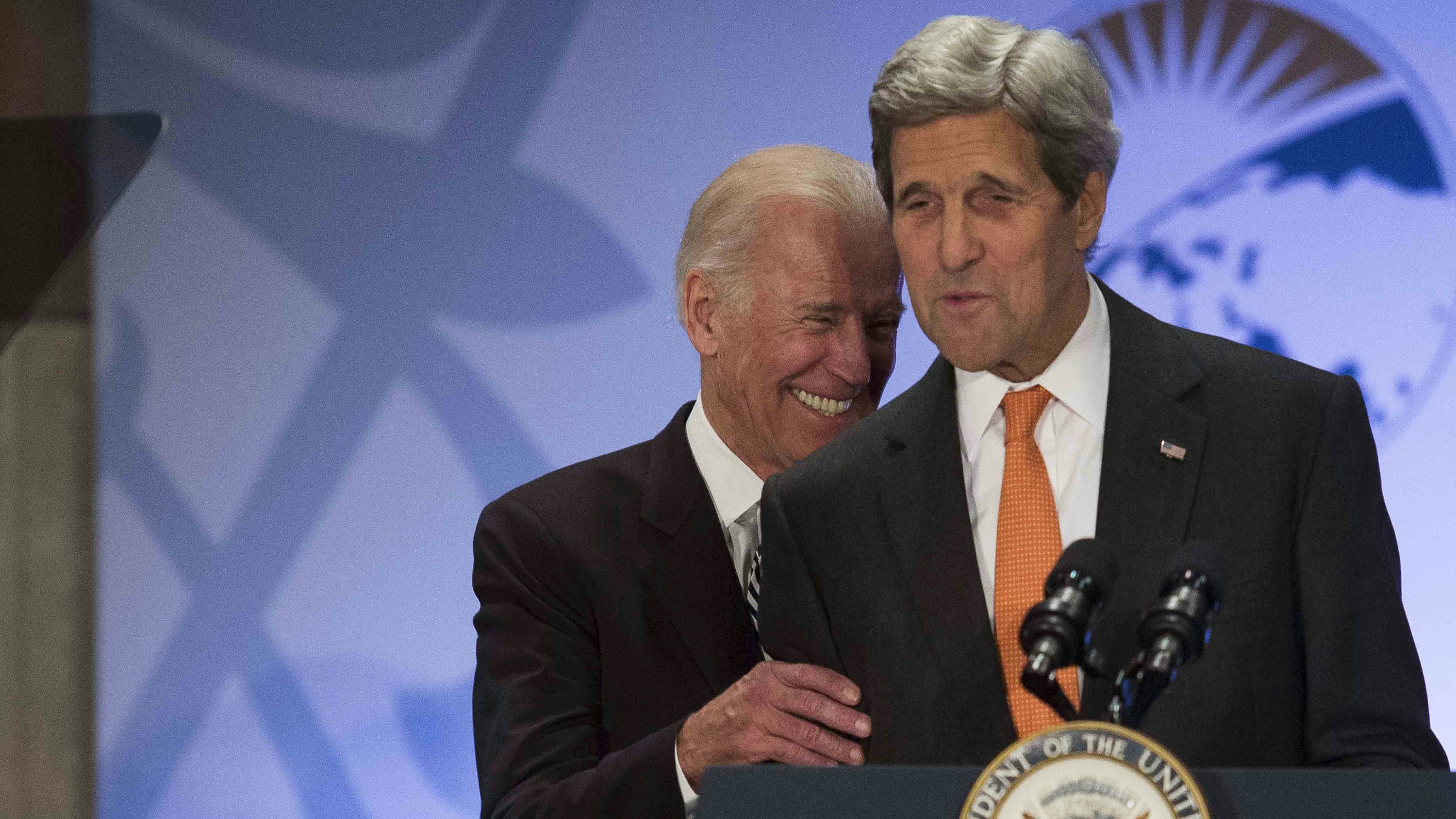The Bureau of Land Management has announced new rules that, if finalized, will increase bonding requirements, royalty rates and minimum bids for oil and gas drilling on public lands.
Statements by the bureau on the proposed rules say they will lead to more responsible leasing and development processes.
Critics say it’s just a step toward the elimination of oil and gas development on public lands, which would be the end of Wyoming’s petroleum industry.
Positively Asinine
William Perry Pendley, a Cheyenne native who led the BLM in the Trump administration, told Cowboy State Daily that despite the bureau’s claims that the rules are designed for responsible leasing, the ultimate goal is to stop oil and gas production.
He said that in October 2019 he appeared at the Society for Environmental Journalists conference in Fort Collins, Colorado. The editor for The Washington Post moderated a panel at the event and asked Pendley about the Democratic presidential candidates running on a platform to keep oil in the ground.
“I said it was positively asinine,” Pendley said.
He said these rules will make oil and gas production uneconomical, which will hurt the nation, local communities, and the state and local government of Wyoming that benefit from the royalties the industry pays.
“It’s going to increase the cost to the industry, and that gets passed onto the American people,” Pendely said.
Not Far Enough
Erik Molvar, executive director of the Wyoming Watersheds Project, told Cowboy State Daily that the rules are a step in the right direction, but they don’t go far enough.
“Keeping publicly owned oil, gas and other fossil fuel deposits in the ground would have been a far better approach,” Molvar said.
The proposed bonding requirements increase the minimum lease bond amount to $150,000 from $10,000, which was established in 1960. These bonds pay for wells to be plugged if a company abandons them.
Molvar said the bonding requirements will help ensure that taxpayers don’t get stuck with the costs of abandoned well remediation. The proposed rules also will guide production toward areas where oil and gas development won’t be as impactful on wildlife, he said.
He said that fracking causes micro-earthquakes that damage cultural sites.
Quick And Dirty
Molvar said that the costs from “climate catastrophes” are greater than the value of the minerals extracted.
According to research by Roger Pielke Jr., professor of environmental studies at the University of Colorado Boulder, normalized costs of natural disasters are seeing a downward trend. While it doesn’t say anything about trends in extreme weather, it does show that costs of disasters are declining as a portion of gross domestic product.
Molvar also is concerned about renewable energy development on public lands. He said it’s better to develop rooftop solar in urban areas than to have wind and solar farms on public lands.
“We are indeed concerned that the administration is instead going to do a quick and dirty approach to renewable energy development and incentivize major wind and solar projects on public lands,” Molvar said.
Pay More For Less
Tim Stewart, president of the U.S. Oil and Gas Association, told Cowboy State Daily that if the rules go into effect, they will slam smaller, independent producers who bring on 80% of all the new production in the United States.
“The [Biden] administration is telling the smaller, independent producers … you will be paying 100% more for 50% less, with 0% guarantee we will actually give you the lease or let you develop it,” Stewart said.“The only thing we can guarantee you is that 100% of your leases will be protested by our friends in the environmental community.”
As the cost of doing business with the federal government doubles, Stewart said fewer companies will be interested in doing business on federal lands. That will result in a lower supply and higher prices for just about everything.
“But this is exactly what the hard-left political appointees in the administration want in the first place,” Stewart said.
1,000 Cuts
Most oil and gas production in Wyoming happens on public lands, so very few producers won’t be impacted if the rules become final.
The increased costs will also be more difficult for most Wyoming oil and gas companies to absorb. About one-third of all Wyoming’s oil and gas production comes from 400 small oil companies. Individually, these companies each produce less than 2% of the state’s total.
Ryan McConnaughey, spokesperson for the Petroleum Association of Wyoming, told Cowboy State Daily that the depth of the well drilled determines the cost of plugging the well. So, a one-size-fits-all bonding requirement doesn’t take that into account.
Each increase in cost the Biden administration drops on the industry is a gradual push to the ultimate goal of eliminating the industry, McConnaughey said.
“It's the whole idea of death by 1,000 cuts. They can have plausible deniability saying, ‘Well, we haven't banned oil and gas development on federal lands.’ But what they have done is make it more and more impossible to be a financially viable option,” McConnaughey said.
Unemployment Line
Wyoming’s governor and U.S. senators issued statements immediately following the BLM’s announcement.
Gov. Mark Gordon said that the increased costs will hurt consumers.
“This administration is doing everything it can to make things worse for those struggling to pay their bills,” Gordon said.
Wyoming Sen. Cynthia Lummis called the proposed rules “shortsighted” and said they will increase America’s reliance on foreign adversaries for our oil and gas supply.
Wyoming Sen. John Barrasso said that President Joe Biden vowed to end drilling on federal lands, and the proposed rules confirm it’s a promise the president intends to keep.
“President Biden’s assault on affordable, available and reliable American energy knows no bounds. With the stroke of a pen, the Biden administration will put American oil and gas workers on the unemployment line,” Barrasso said.





